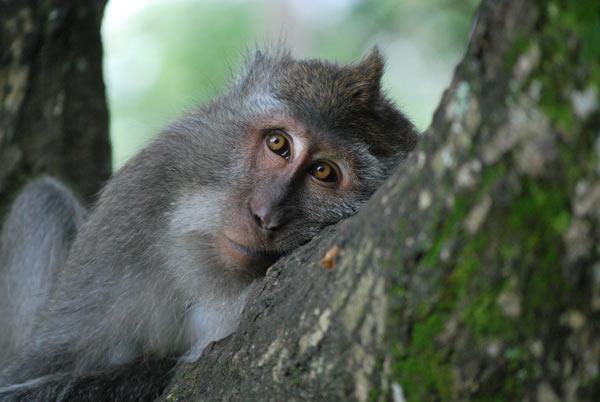County officials in Bainbridge, Georgia, have rescinded the approval of a $396 million, 200-acre complex that would breed, raise, and store up to 30,000 long-tailed macaques for medical research.
The Decatur County-Bainbridge Industrial Development Authority, the city of Bainbridge, and the Decatur County Board of Education issued a joint statement taking back their support for the facility after the county “voted to disavow the” project “and to reject all tax abatements.”





